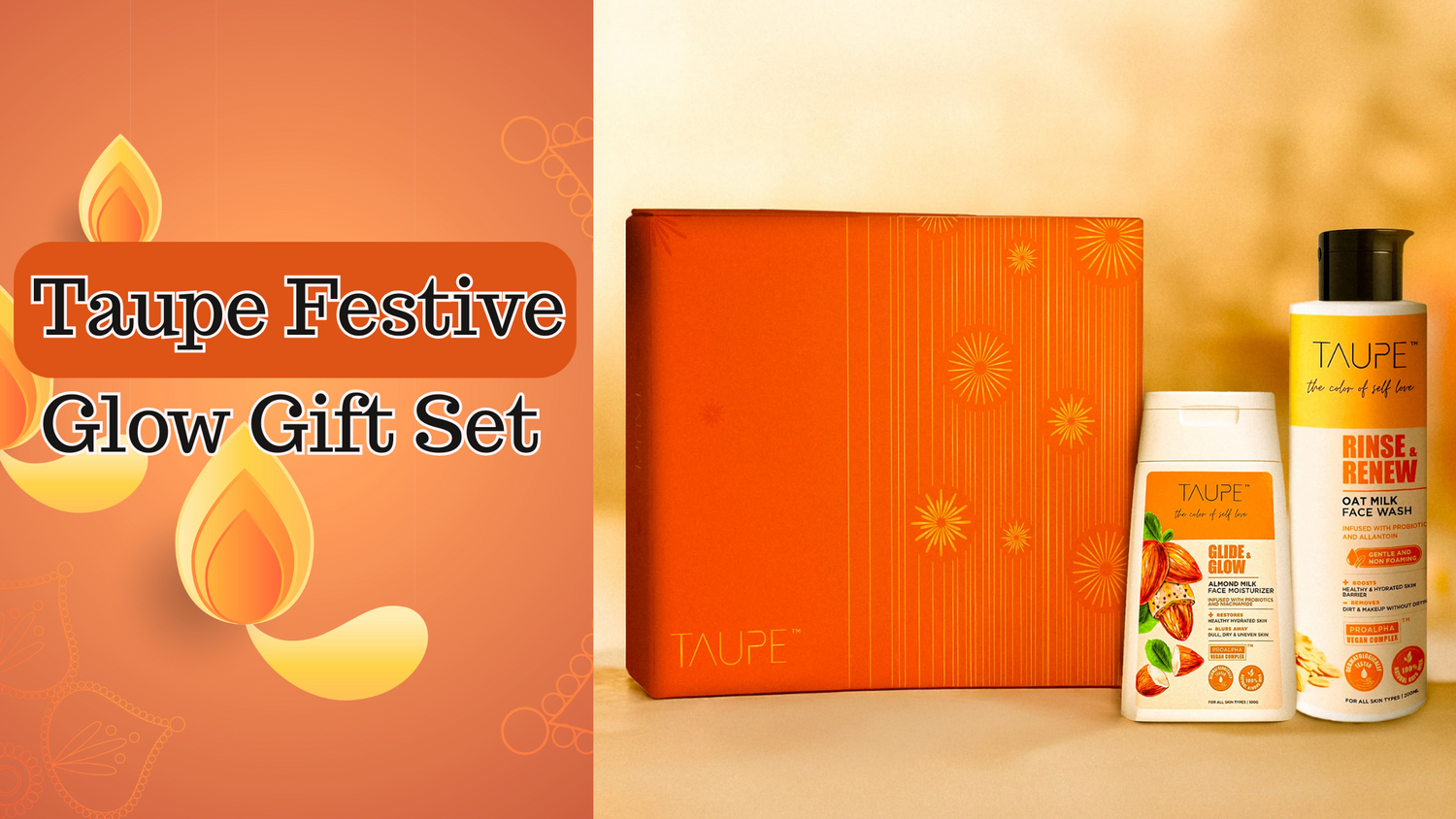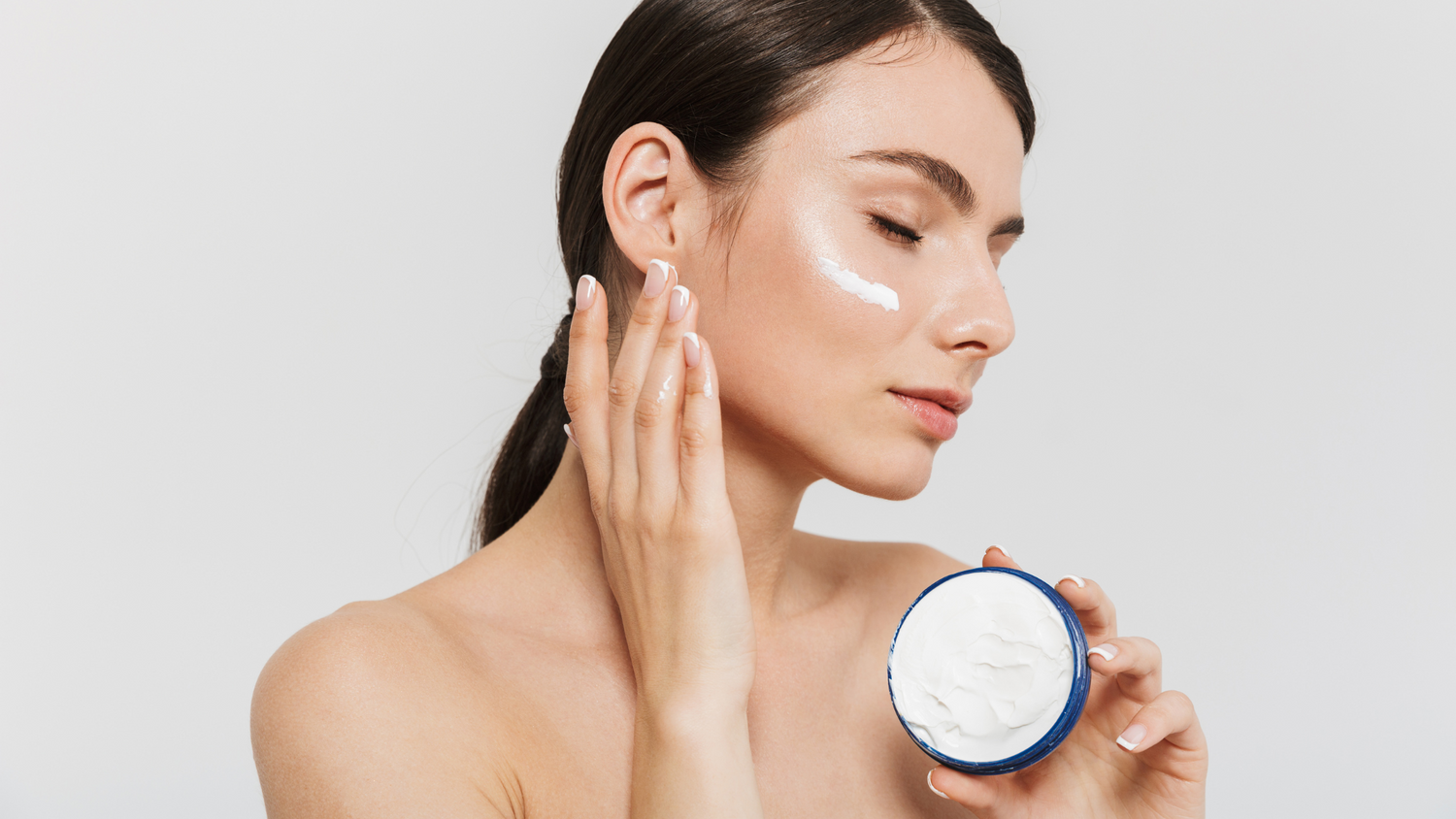When it comes to protecting your skin from the sun, sunscreen is non-negotiable. But if you have sensitive skin, the type of sunscreen you use matters just as much as whether you use it at all. With countless formulas on the market, many people are left wondering: Should I use mineral sunscreen or chemical sunscreen? And more importantly, which one is better for sensitive skin?
This guide breaks down the difference between mineral and chemical sunscreens, how each works, and which one is truly the better option for your delicate skin barrier.
Why Sunscreen Is Essential for All Skin Types
Before diving into the sunscreen types, let’s start with the basics. Sunscreen protects your skin from harmful ultraviolet (UV) rays that can cause sunburn, pigmentation, premature ageing, and even skin cancer. Whether your skin is dry, oily, or reactive, daily sun protection is a must.
However, people with sensitive skin often experience stinging, redness, or breakouts when using traditional sunscreens. That’s why understanding the difference between mineral and chemical sunscreens is the first step to finding a product that works with, not against your skin.
What Is Mineral Sunscreen?
Mineral sunscreen, also called physical sunscreen, uses natural minerals like zinc oxide and titanium dioxide to form a protective barrier on top of the skin. This barrier physically reflects UV rays away from the skin.
Key Features of Mineral Sunscreen
-
Begins working immediately after application
-
Sits on the surface of the skin (doesn’t get absorbed)
-
Offers broad-spectrum protection against UVA and UVB rays
-
Less likely to irritate or cause allergic reactions
-
Recommended for sensitive, acne-prone, or inflamed skin
Mineral sunscreens are often labelled as non-comedogenic, fragrance-free, and gentle sunscreen for sensitive skin, making them a preferred choice for people with skin concerns like rosacea, eczema, or barrier damage.
What Is Chemical Sunscreen?
Chemical sunscreen contains active ingredients like avobenzone, octinoxate, oxybenzone, and homosalate. These ingredients absorb into the skin and then convert UV rays into heat, which is then released from the skin.
Key Features of Chemical Sunscreen
-
Lightweight texture that blends into the skin easily
-
Often leaves no white cast
-
Requires 15–20 minutes after application to become effective
-
May include fragrance, alcohol, or preservatives
-
Can irritate sensitive or compromised skin barriers
Chemical sunscreens are widely used for their cosmetic elegance they feel weightless, work well under makeup, and leave no visible residue. But for those with reactive or inflamed skin, these formulas may trigger discomfort or breakouts.
How to Tell Which Sunscreen Type You’re Using
Flip the bottle and look at the active ingredients.
If it lists zinc oxide or titanium dioxide, it’s a mineral sunscreen.
If it lists ingredients like avobenzone, oxybenzone, octinoxate, or homosalate, it’s a chemical sunscreen.
Is Mineral Sunscreen Better for Sensitive Skin?
Yes, mineral sunscreen is generally safer and gentler for sensitive skin. Here’s why
-
No Absorption, Less Irritation
Mineral sunscreen creates a protective layer that stays on the skin’s surface. This minimizes the chances of a reaction since it doesn’t penetrate your skin. -
No Heat Reaction
Chemical sunscreens absorb UV rays and convert them to heat, which can worsen redness and irritation. Mineral sunscreens reflect rays, preventing any heat-related flare-ups. -
Minimal Ingredients
Mineral formulas often have fewer additives like fragrance, alcohol, or synthetic preservatives, ingredients that can trigger sensitivity or allergies. -
Barrier-Friendly
If your skin barrier is damaged or compromised (common in sensitive skin), mineral sunscreen acts like a physical shield, offering both protection and comfort. -
Safe for All Ages
Pediatricians and dermatologists often recommend mineral sunscreens for infants, kids, and adults with eczema or allergies further proving their safety profile.
But What About the White Cast?
Let’s address the biggest concern with mineral sunscreens, the white cast.
Yes, mineral sunscreen may leave a light, chalky film especially on deeper skin tones. But today’s advanced formulas are sheer, tinted, or micro-milled to blend in better than ever. Look for non-nano zinc oxide or tinted mineral sunscreens that work well with all skin tones without compromising safety.
Who Should Choose Chemical Sunscreen?
While mineral sunscreen is better for sensitive skin, chemical sunscreen may suit you if
-
You have normal to oily skin and no history of irritation
-
You prefer a lightweight, invisible finish
-
You need water-resistant or sweat-proof formulas for outdoor activity
-
You apply sunscreen under heavy makeup
However, always do a patch test, especially if your skin reacts easily.
How to Choose the Best Sunscreen for Sensitive Skin
When shopping for the best sunscreen, keep these tips in mind:
-
Look for “mineral” or “physical” on the label
-
Choose products with zinc oxide or titanium dioxide
-
Avoid sunscreens with fragrance, alcohol, or parabens
-
Pick non-comedogenic and dermatologist-tested options
-
Consider a tinted version to avoid white cast if you have medium to dark skin
If you’re unsure, always consult a dermatologist or try a sample size before full use.
Why Mineral Sunscreen Aligns with Skin Barrier Health
A healthy skin barrier is essential for smooth, even, and calm skin. If your skin is sensitive, red, or irritated, chances are your barrier is compromised. Chemical sunscreens may worsen this with harsh additives, but mineral sunscreen helps maintain and protect the barrier.
In fact, many microbiome-friendly or sensitive-skin-safe skincare brands now exclusively offer mineral sunscreen to ensure their products are safe for daily, long-term use.
Conclusion
When it comes to protecting sensitive skin, mineral sunscreen wins on all counts. It offers effective sun protection without the risk of irritation, supports a healthy skin barrier, and is free from harsh ingredients. While chemical sunscreens may work for some, they’re best avoided by those with sensitive or compromised skin.
Choosing the right sunscreen isn’t just about SPF, it’s about what’s inside the bottle. So if your skin reacts to most products or struggles with inflammation, redness, or flare-ups, make the switch to mineral sunscreen today.




